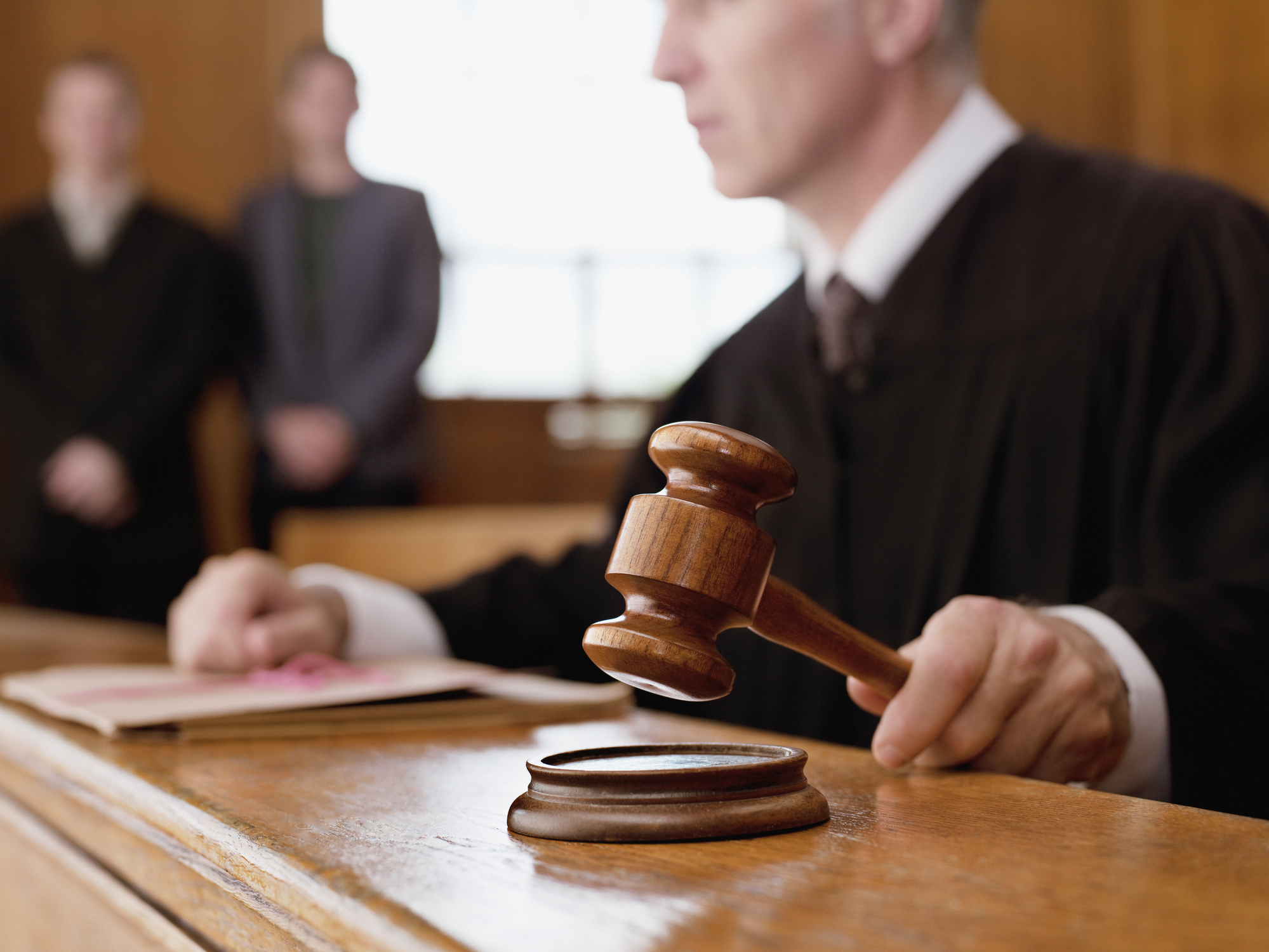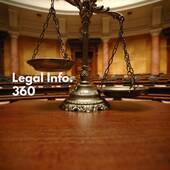Finding mold in your property can be a serious issue due to the dangers of the different types of mold that exist. As a property owner, you are responsible to fix the issue and if you are renting out the property, you are responsbible to make accomodations so that your tenants are able to leave the premises if need be. Every state has different laws in place to protect tenants and property managers. In Nevada, a landlord has a least two days to fix or try to fix an issue. The time starts as soon as the tenant informs the landlord, in writing, that they found a problem. A mold issue falls under habitability issues which falls under the owners responsibility. Habitability issues also include, plumbing, leaking roofs and bed bugs.
Tenant Responsibility
The first step to take if any type of mold is found in the rental property, a tenant must inform the landlord in writing, immediately. As a property owner, you must take this extremely seriously beacuse this issue must be looked at within 48 hours, otherwise the tenant could hold the owner accountable for any health damages the mold may cause. A tenant can be held legally responsible if they fail to report the mold, however, it may be difficult to prove that the tenant knew about the problem and did not report it immediately. The tenant could also be held liable if they caused damage that led to mold growth. The tenant should also be vigilent about the type of activities that may cause mold growth. For example, if they notice there is no way to control moister in a bathroom, they should inform the landlord so that action is taken. It is in the tenants best interest to get a mold issue fixed immediately since mold can easily grow and become a potential health hazard to everyone in the home.
Types of Mold
Mold comes in different ways, some types are more dangerous than others. Aspergilus, Fusarium, Paecilomyces, penicillium and stachybotrys or "black mold" are the most dangerous types. It's very important a professional is sent our to the unit and figures out the type of mold that is found. Black mold in particular can cause some serious illnesses, including, respiratory compliations, asthma, nose bleed and even memory loss. Not all molds are harmful, but it's still important to have someone check out the potential affected area as soon as possible. Property owners could face serious legal consequences if they don't make arrangements to keep tenants safe, after black mold is discovered.
Signs of Mold
The best way for tenants to identify mold is by smell because it's not always visible. It's a a musty smell that may be there even if you don't see the actual mold. The tenant could have allergic symptoms that only get better when they are not home. This includes, sore eyes, runny nose, nasal congestion, sneezing, etc. The tenant should also check if there is signs on the growing mold. This might look like soot or dirt, and it might be a small portion. Some mold may look like small black dots, other times it can be white and thread-like. It can also appear in different colors if it's growing behind wallpaper. It's the tenants responsibility to report any type of mold, no matter how small the problem may appear.
What does the law say?
Once identified, proper testing must be done to clarify the type of mold and if the tenant will have to leave the home or apartment. If a tenant becomes sick because a property owner did not make the appropriate arrangements to help them leave the premises, they could attempt to file a premises liability lawsuit. Personal injury lawyers say, premise liability claims can be filed if a tenant can prove that the property owner was in fact negligent tot he problem. For example, if they do not address the issue on a timely manner, or if the tenant suffered injuries or some "measurable injury or tangible economis loss". The property owner can also be liable if they did not do proper tests before renting out the home or apartment. If mold is present and the property was rented out, a tenant can claim the owner was negligent because they failed to thoroughly check the property before renting it out.
Nevada does not have any building tolerance standards for mold, therefore, there is no standards or guidelines on what they need to do once mold is found. However, Nevada tenants are legally allowed to withhold rent until repairs are made, they are also allowed to hire someone on their own account and deduct payment from rent until the issue is fixed. You can learn more about tenant's rights in Nevada, here.


Comments(0)